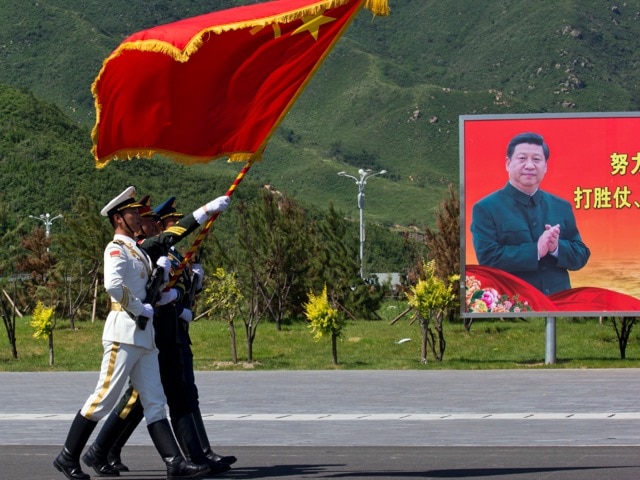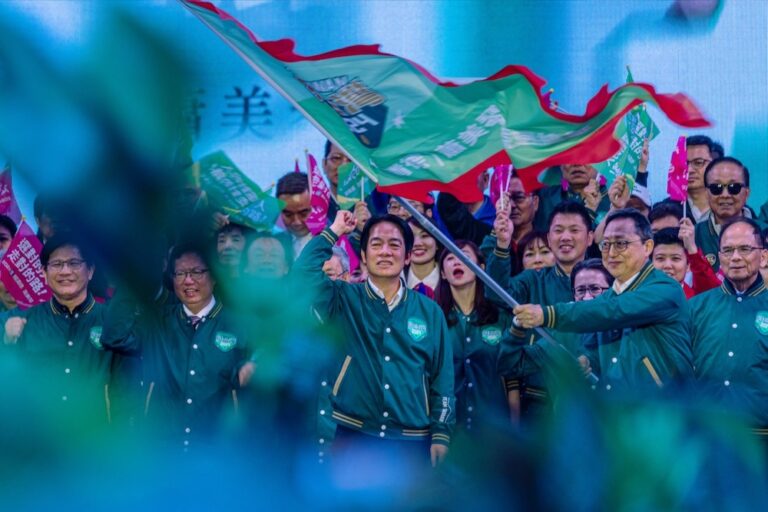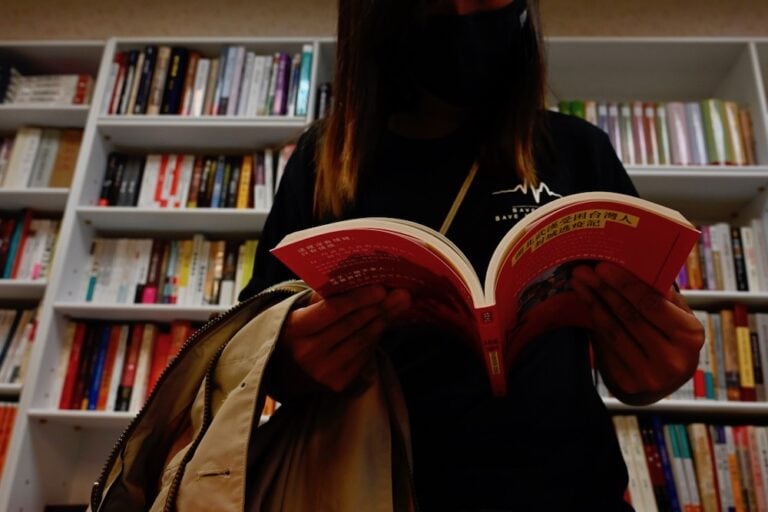The IFJ's newly released 2015 report is an annual analysis of press freedom and the ever increasing obstacles and challenges for journalists and media workers in China, Hong Kong, Taiwan and Macau.
This statement was originally published on ifj.org on 30 January 2016.
The International Federation of Journalists (IFJ) releases its annual China Press Freedom Report, China’s Great Media Wall: The Fight For Freedom. Launched at the Foreign Correspondents Club in Hong Kong today, the 2015 report is an annual analysis of press freedom and the ever increasing obstacles and challenges for journalists and media workers in China, Hong Kong, Taiwan and Macau.
“Propaganda, censorship, surveillance, intimidation, detention, brutality and attacks and televised ‘confessions’ have become go-to tools for the government as they tighten their grip on the media and the press in 2015,” the IFJ said.
China’s Great Media Wall: The Fight for Freedom documents the broader issues impacting the work of local journalists and media workers across Mainland China, Hong Kong and Macau, as well as foreign journalists and online media. For the first time, the report also includes an IFJ assessment on the number of jailed and detained journalist and media workers and documents 51 cases, some dating back to 2009.
Now in its eighth year of operation, the IFJ’s China Press Freedom project works to support and defend media independence in the region while also documenting the ever-increasing layers of control enforced on the media. The 2015 China Press Freedom report documents the increasing efforts by the Chinese government and other authorities to stifle the media with tactics including laws, administrative rules, restrictive orders and censorship.
Key findings highlighted in the report include:
Legislative controls: The Chinese government proposed a number of laws in 2015 which will seriously hinder media reporting and press freedom. The National Security law, adopted on July 1, was among the most concerning to the IFJ. Loaded with vague definitions and lacking adequate protections for press freedom, freedom of expression and access to information, the new law ‘leaves the door open’ to further restrictions of the rights and freedoms of Chinese citizens, the IFJ said. Meanwhile the Counter-Terrorism Law, enacted on December 27, has the potential to be used against minorities such as in Inner Mongolia, Tibet and Xinjiang. The Criminal Law, also amended during the year, introduces severe punishments for online reporting and coverage of matters deemed of public importance, including disasters, epidemics and/or security alerts. And under the amendments to Article 291, Chinese citizens now faced jail terms of up to seven years if found ‘guilty’ of the Chinese crime of ‘fabricating news’.
Controlled reporting: The Chinese government continued to control and stifle reporting of events deemed ‘sensitive’ or of ‘public interest’ throughout 2015, particularly in the case of the a New Year’s Eve stampede in Shanghai, the sinking of the Oriental Star cruise ship in June and the Tianjin chemical plant explosion in August. Despite the large numbers of people killed in each incident and the enormous public interest, tactics were used to block the media and its coverage. This included bans on the publication of information and images pertaining to the Shanghai stampede, while the Oriental Star sinking and Tianjin explosion were both noted for blocking orders and access restrictions, with only state-owned media allowed to enter the disaster zones.
Televised confessions: The continued use of ‘forced’ televised confessions by journalists without formal trial continued in 2015 in the cases of business journalist Wang Xiaolu and Liu Wei, a deputy assignment editor with Guangzhou’s Southern Metropolis Daily.
Foreign journalists: Foreign journalists in China continue to face a challenging and restrictive working environment. The most noted tactic used is the ongoing delays in the issuing of visas and, in one case, pressure was put on French journalist, Ursula Gauthier, to issue an apology for reporting on alleged human rights violations in Xinjiang if she wished to renew her press card.
Hong Kong and Macau: Press freedom in Hong Kong and Macau continued on a declining press freedom trend, with journalists and media workers blocked from a variety of sources, including the government. A significant case with implications for all media was the disappearance of five shareholders and employees of the Mighty Current Publication Ltd and Causeway Bay bookstore in late 2015. The current status of the five missing people remains unclear with Chinese government alleged to be withholding vital information about their safety and status.
The IFJ said: “China’s Great Media Wall: The Fight For Freedom, highlights the parlous state of press freedom in this region but also shows the determination of some media workers to continue to do their jobs in the face of immense government and institutional pressure. The IFJ supports the work of the media community in the challenging environment, working to tell the stories of China and express the views of its people”.
Access China’s Great Media Wall: The Fight For Freedom and the IFJ jailed journalist list.
You can also see IFJ’s mapping of violations of media rights in China.



